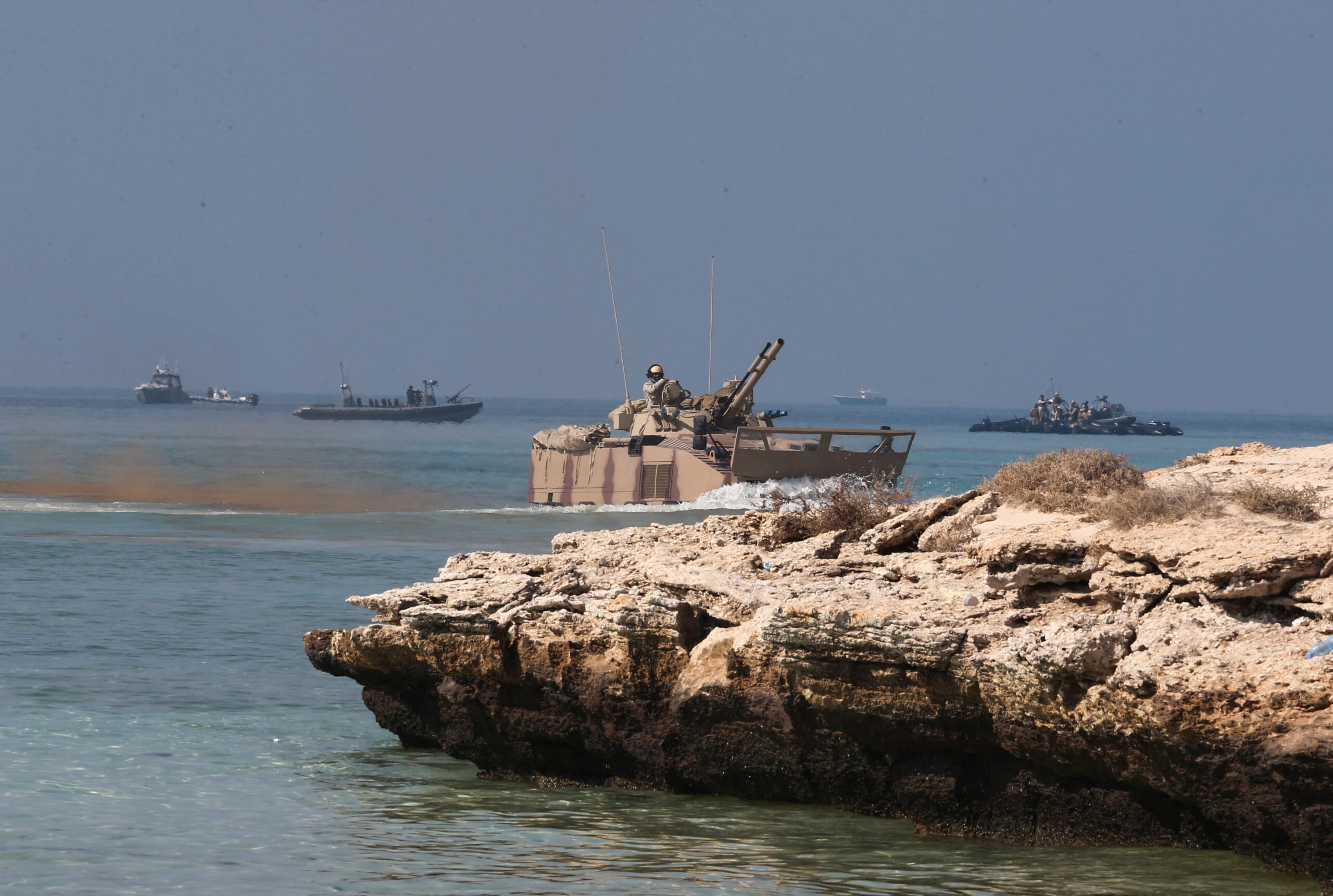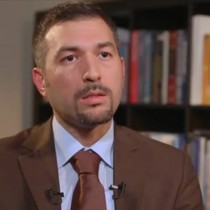The Ukraine Crisis and the Gulf
Russia’s invasion of Ukraine has disrupted global energy markets and other aspects of Middle Eastern economies, with the long-term effects, particularly in the Gulf region, yet to be determined.
AGSIW is closely following the implications of the Ukraine crisis on the Gulf Arab states and how Gulf governments are responding.
Saudi-Hosted Ukraine Event Ends Without Breakthrough but Still Irritates Absent Russia
Riyadh’s prominent role underscores its growing confidence on the world stage and its careful, pragmatic balancing of alliances and relations with key partners.
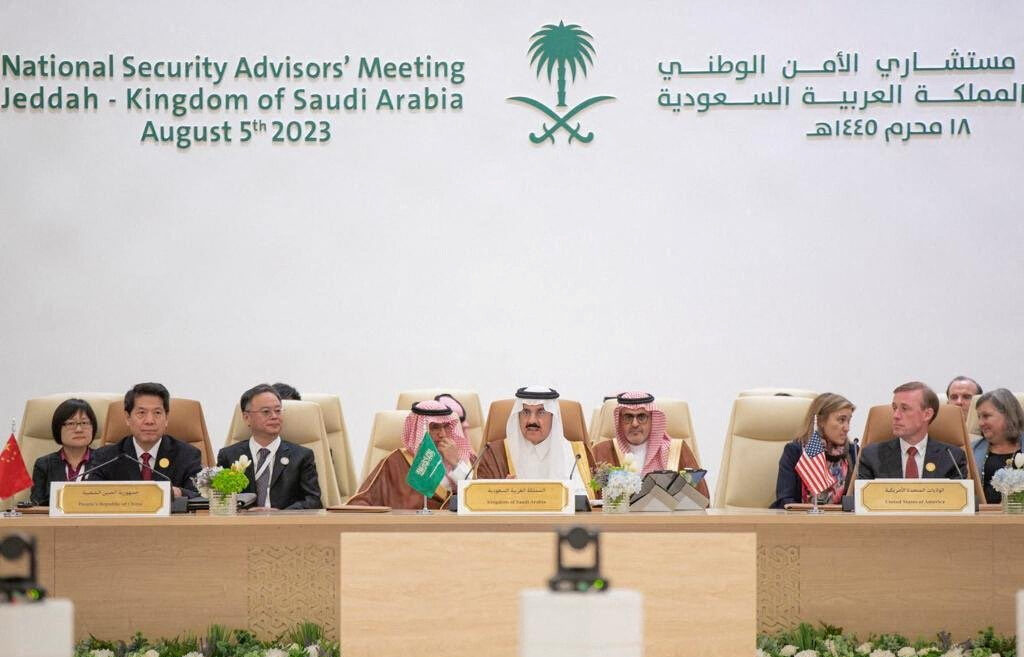
With Iran’s Drones, Russia Looks to Extend War and Costs to Ukraine – and the West
While the strategic value of Iran’s drones seems limited thus far, Moscow seems to view them as an inexpensive – and punitive – way to maintain leverage in the conflict.
10 min read
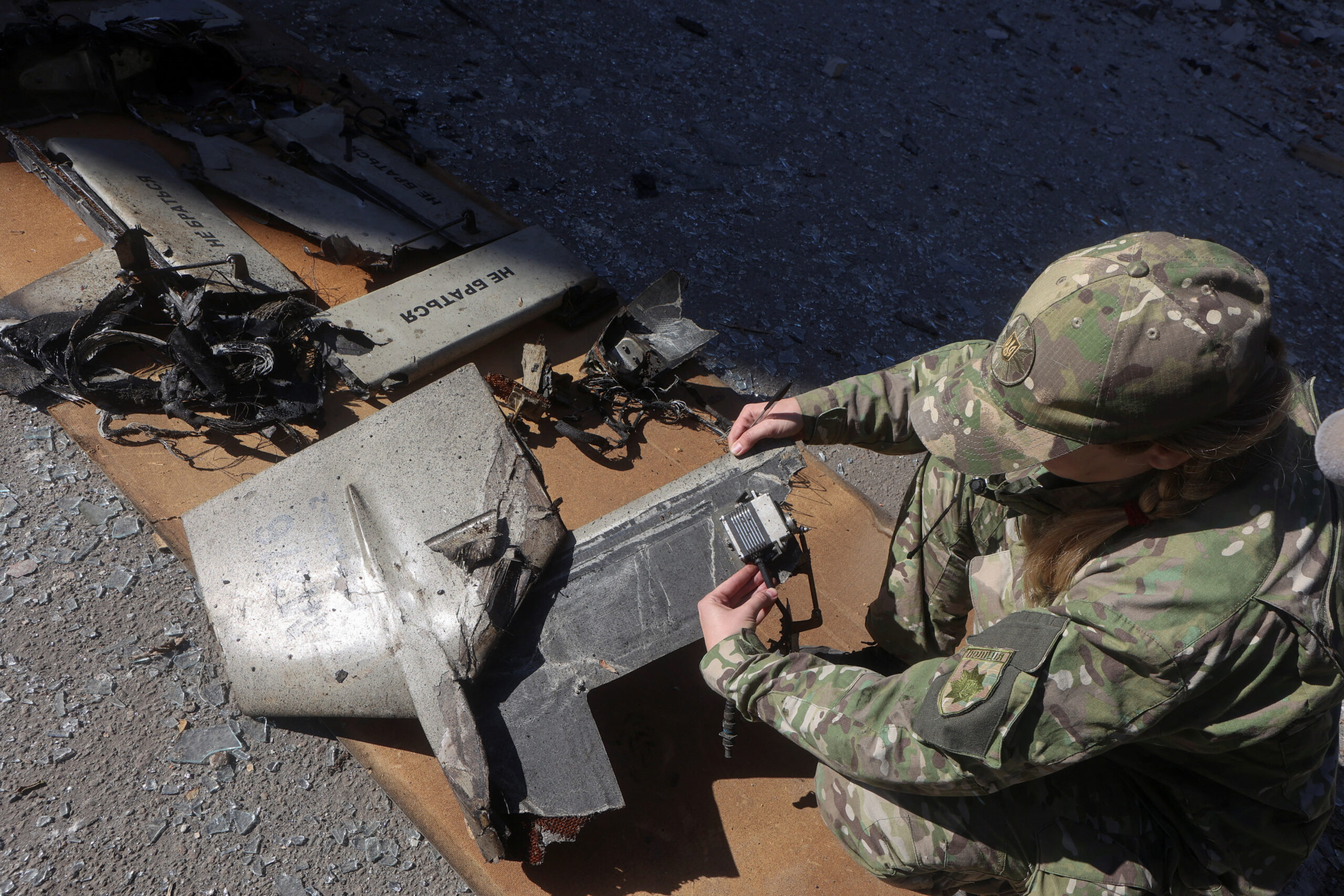
How Has the Invasion of Ukraine Reshaped Russia’s Influence in the Middle East?
On August 4, AGSIW, the University of Haifa, and the National Security Studies Center hosted a discussion examining Gulf-Russia relations since Russia's invasion of Ukraine.
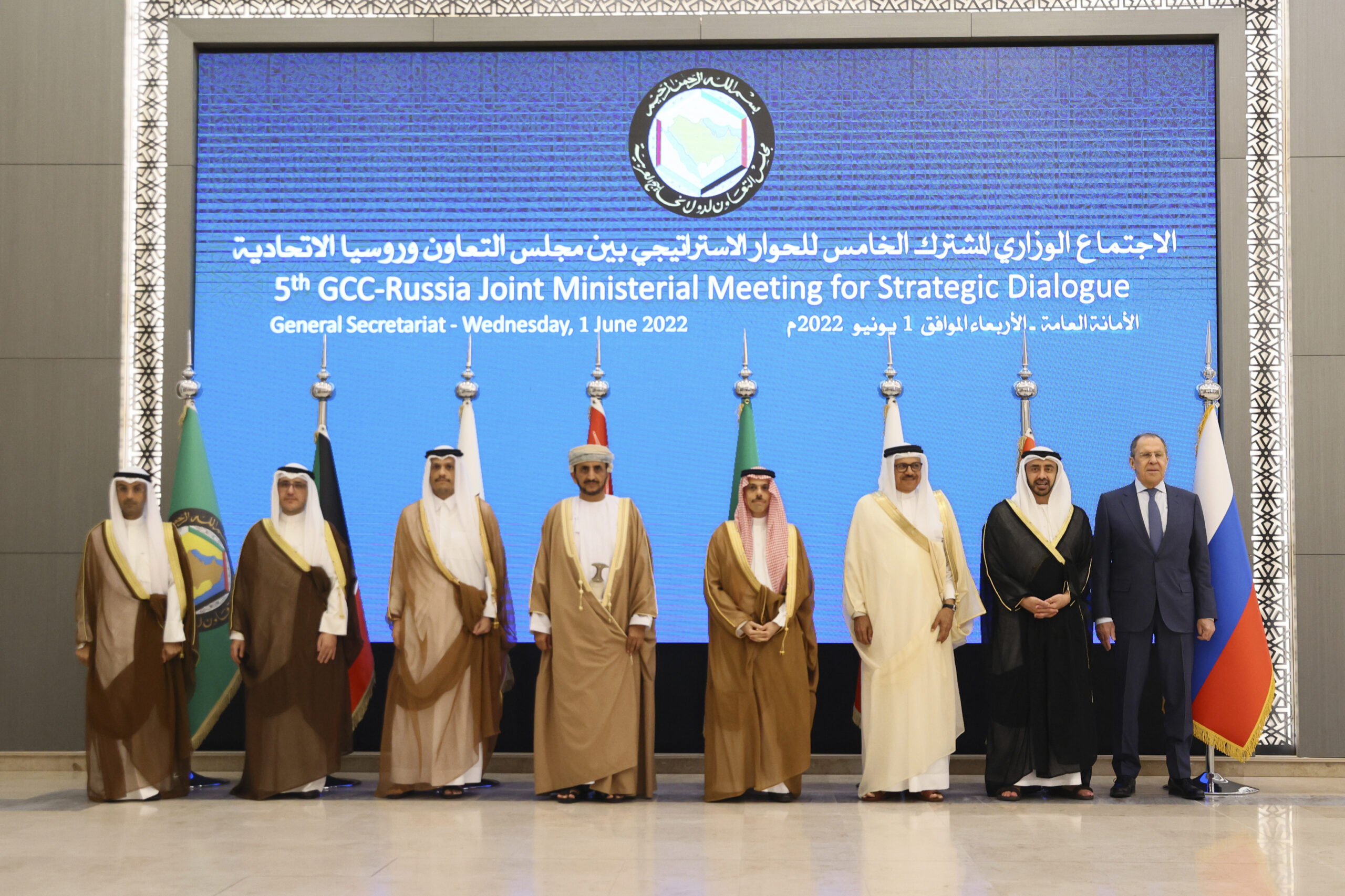
Could Iran Replace Russian Oil and Gas?
A revived nuclear deal with Iran would untangle some energy knots while tightening others.
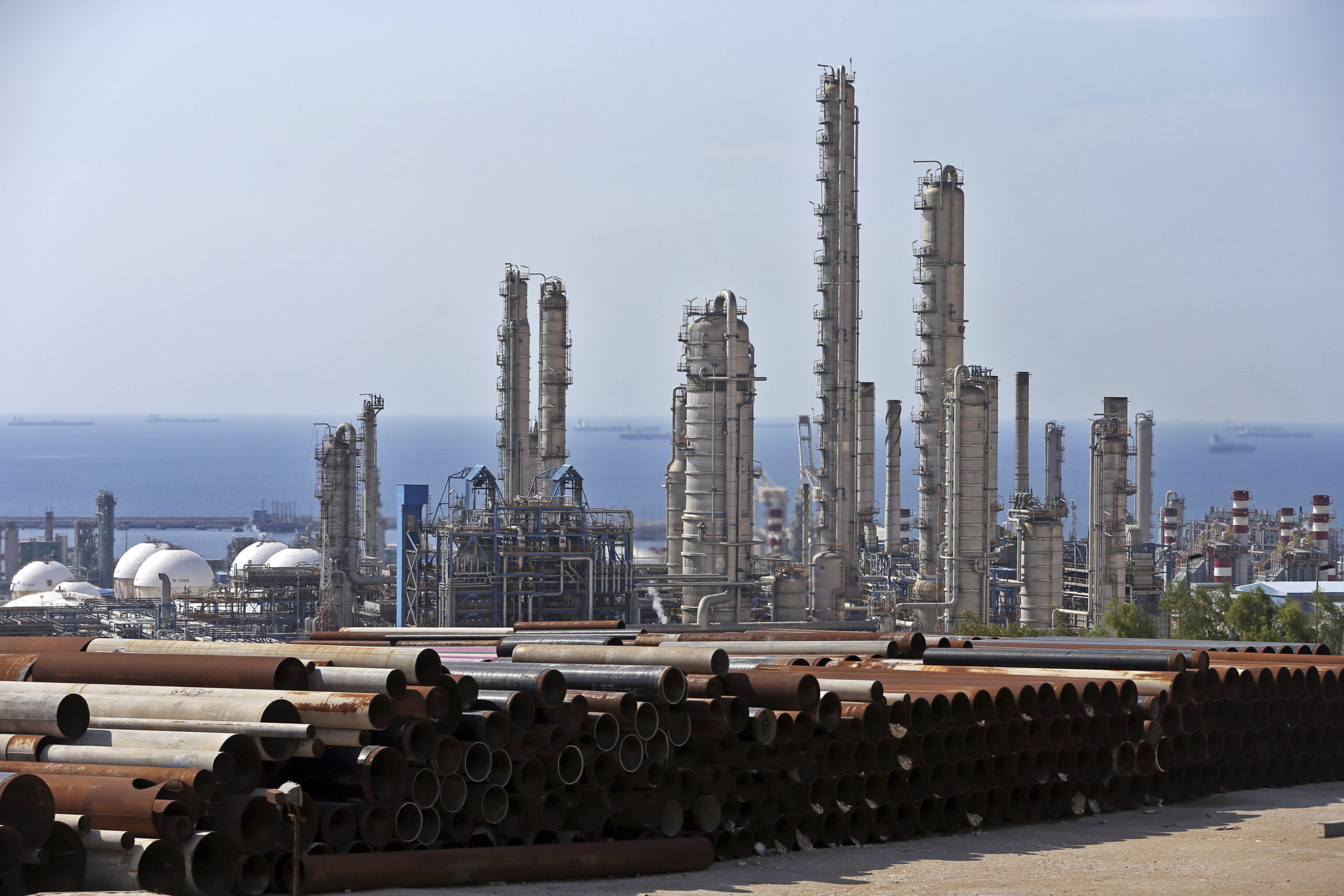
The Impact of the Ukraine War on Missile Diplomacy in the Middle East
Russian equivocation, U.S. distraction, and Gulf Arab states’ reliance on deterrence and defense will likely undermine prospects for addressing regional missile proliferation through diplomacy.
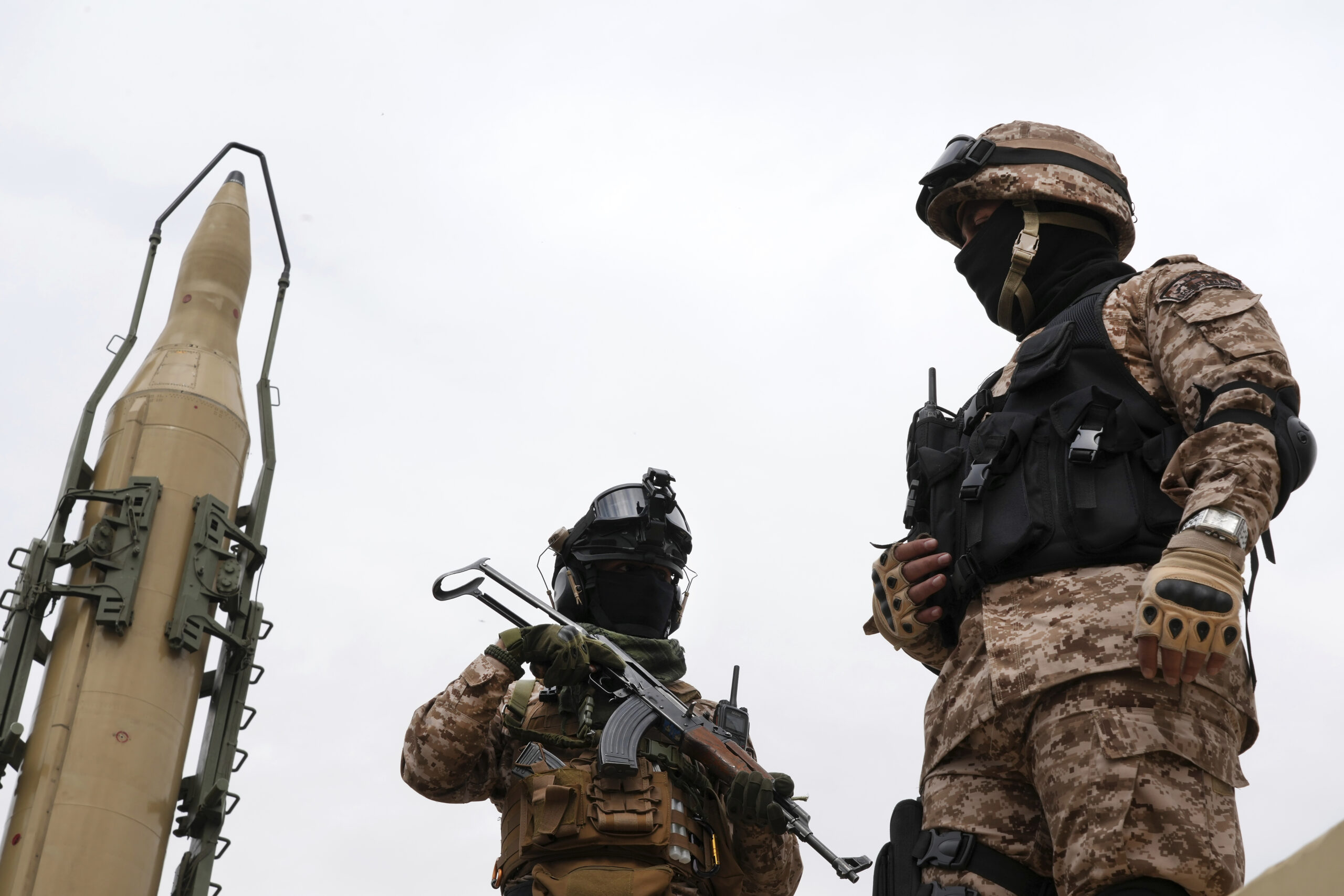
The Ukraine Crisis Deepens Food Insecurity Across the Middle East and Africa
Supply chain interruptions and rising food and fuel prices are hitting countries in the Middle East and Africa particularly hard, given the heavy reliance on Russian and Ukrainian staple food imports.

Following Russia’s Invasion of Ukraine, Can Gulf Countries Stabilize Energy Markets?
On March 10, AGSIW hosted a discussion examining the impact of the Ukraine crisis on global oil and gas markets and the direct effects on the Gulf region.
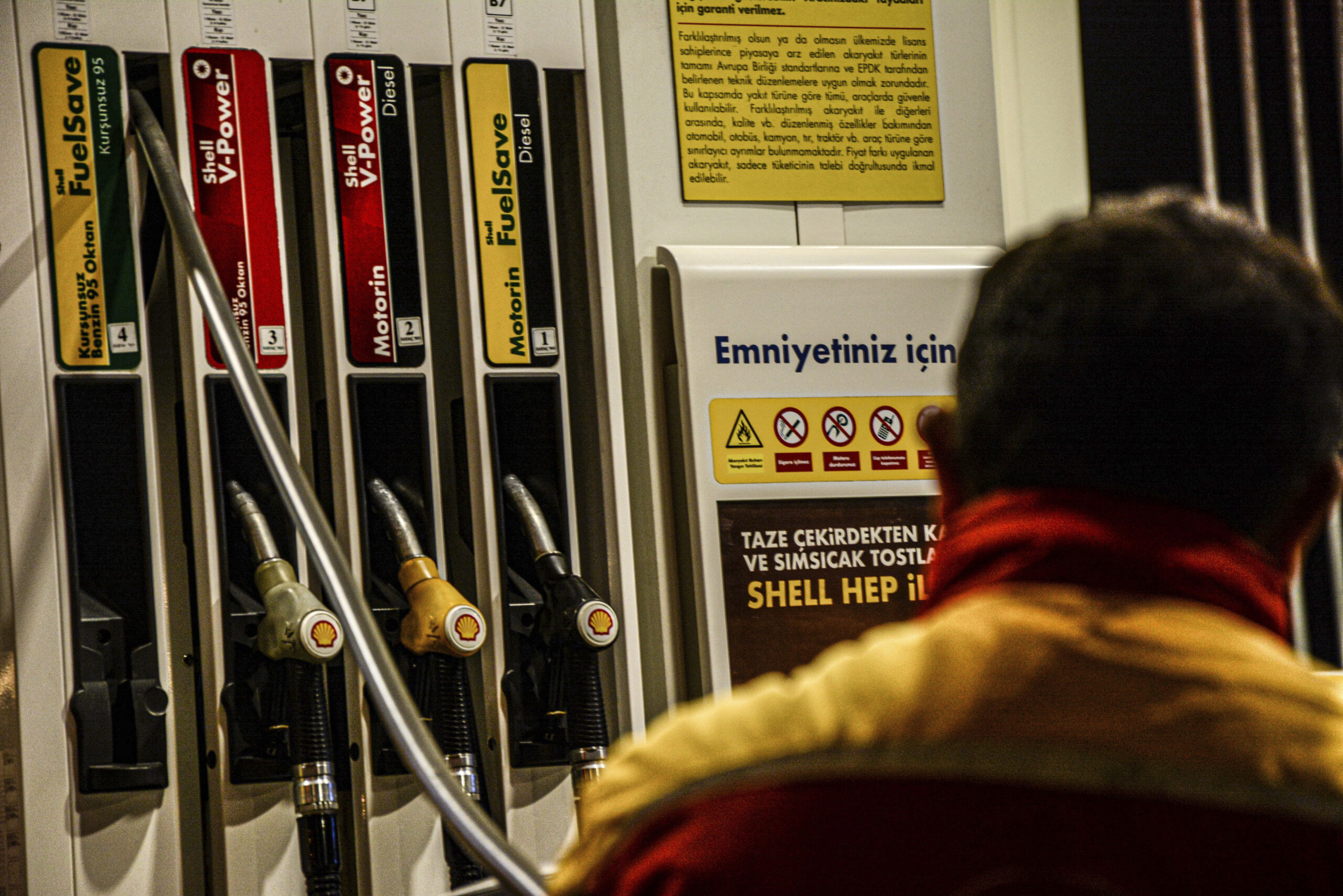
Consumers Hit Back at Russia’s Invasion of Ukraine as Oil Exports Diminish
The IEA’s release of over 60 million barrels of emergency oil stocks was the largest in IEA history. But there is increasing recognition of the need to coordinate such short-term measures with longer-term solutions.
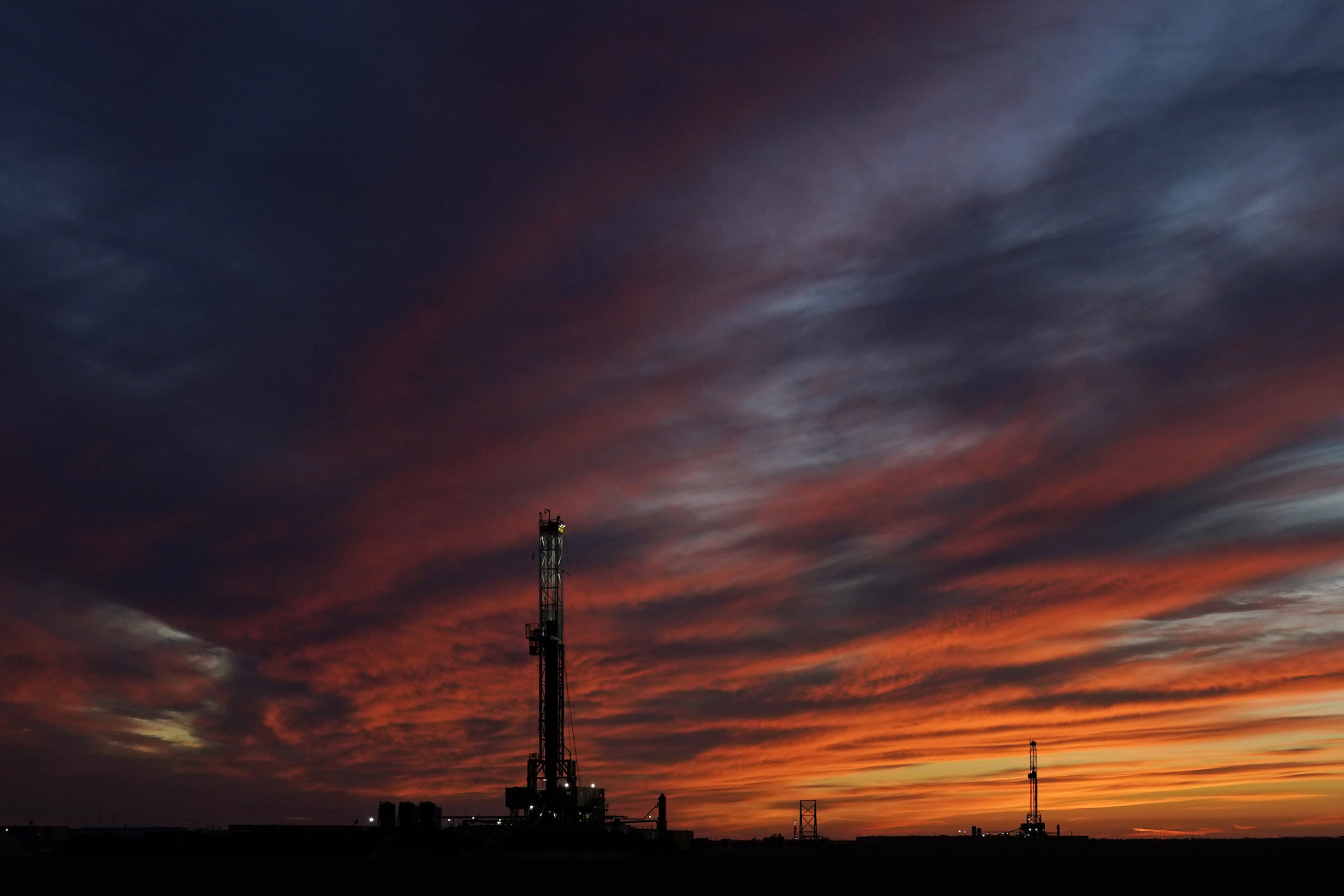
Oil and Gas Prices Surge in Highly Volatile Market as Russia is Isolated
Should more countries follow the EU’s lead and step up efforts to seek alternative supplies of oil and gas, Russia could find itself out in the cold, whether it wins or loses the war against Ukraine.
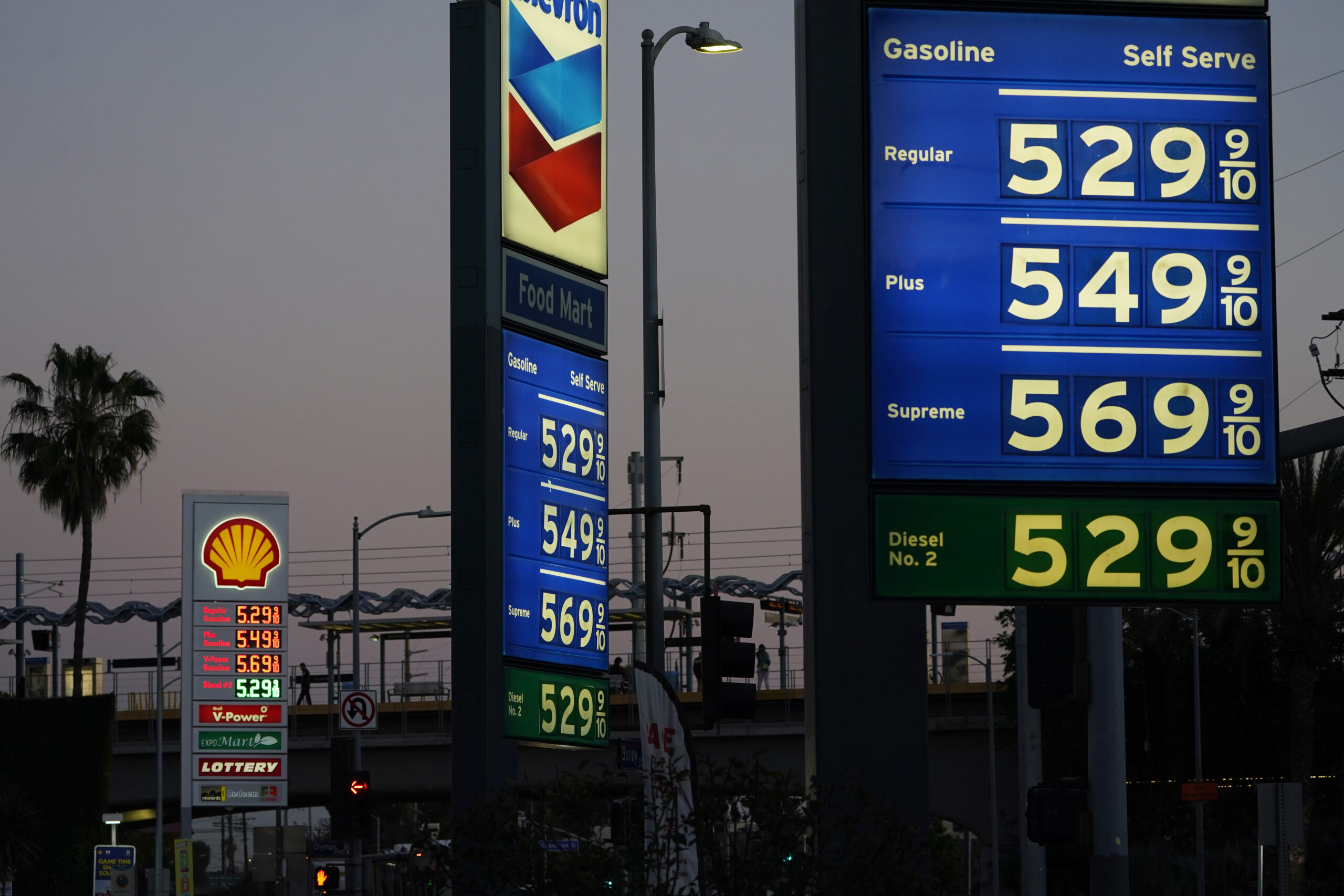
Why U.S. Pressure was Needed to Get Israel and Gulf States to Condemn Russia
Israel, Saudi Arabia, and the UAE sought to protect ties with Moscow and strategic diversification but underestimated the cost.
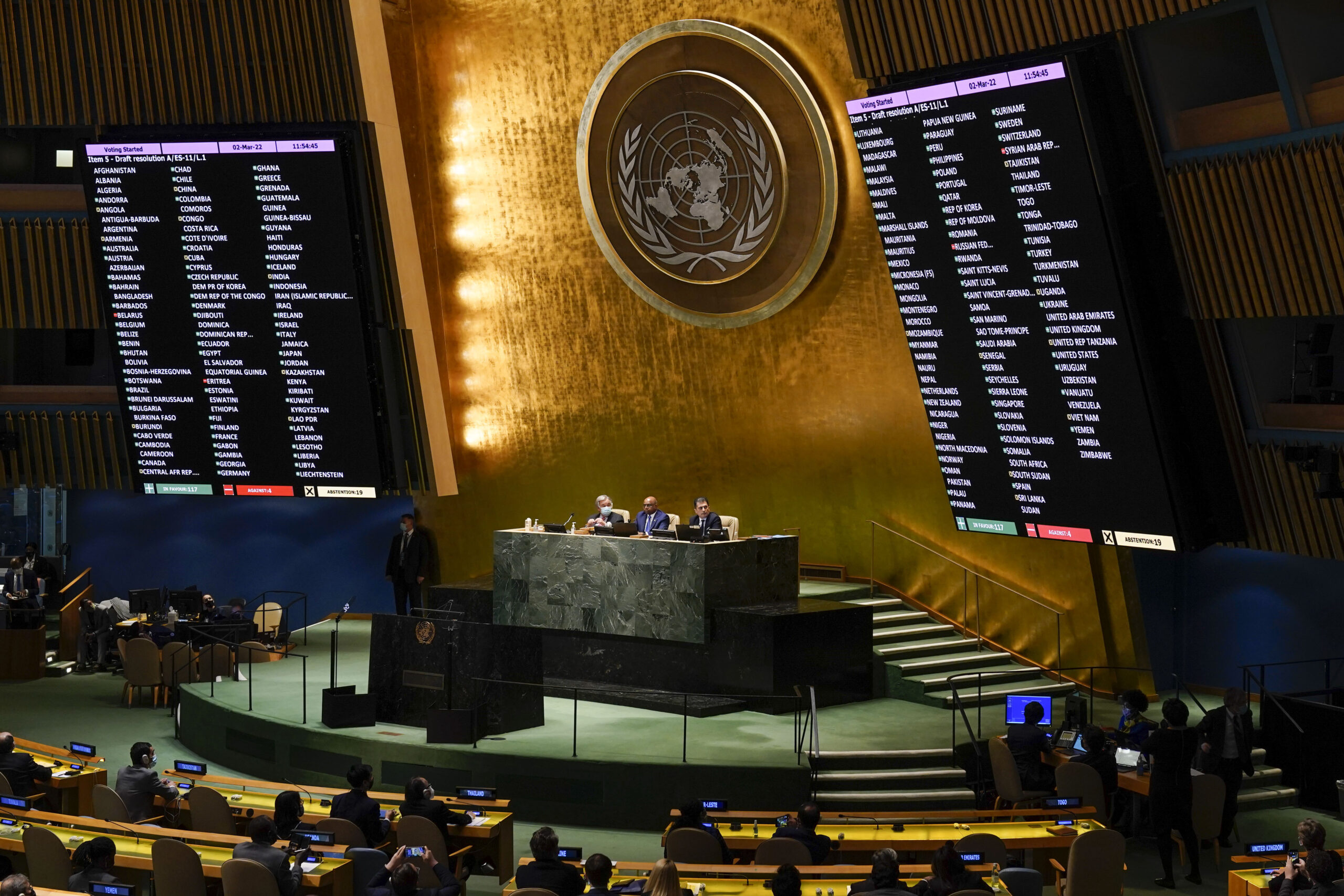
What the Ukraine Crisis Means for Gulf Economies
While the Gulf Arab states may wish to avoid getting caught in the middle of a “Russia versus the West” conflict, the Ukraine crisis is already affecting the region’s tourism, food, energy, and other economic sectors.

Security, Energy, and Identity Dominate Gulf Positions on Ukraine
The Russian invasion of Ukraine crystallizes existing Gulf policies and could form the backdrop to further regional polarization and instability.
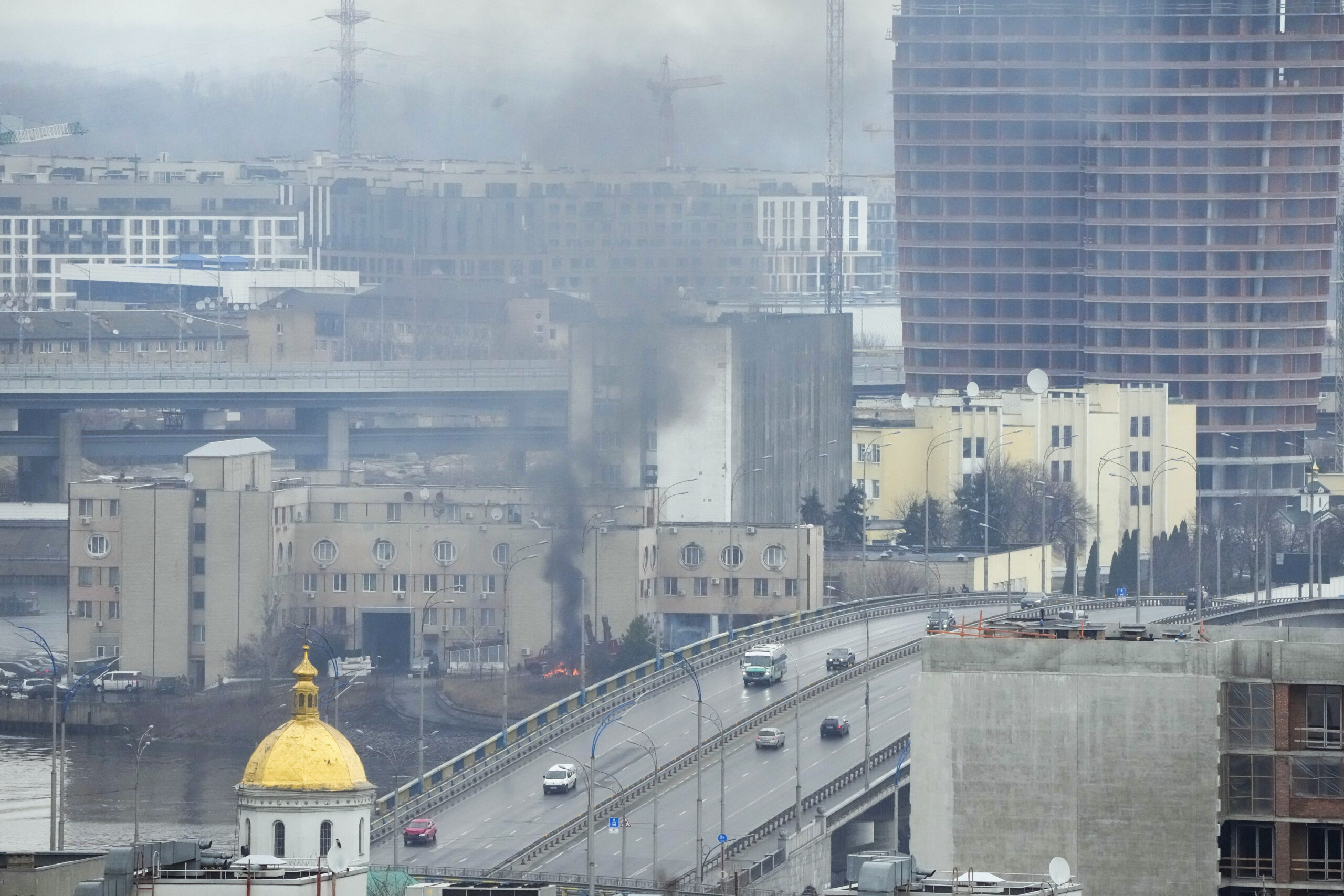
Russia’s Syria Intervention Paved the Way for Its Attack on Ukraine
Russia’s operations in Syria emboldened Putin and the Russian military to challenge the U.S.-led, rules-based international system that many countries, including in the Gulf, have benefited from.

The Ukraine Crisis is Vindicating Qatar’s Bold Gas Expansion Strategy
In the long term, Qatar could play a pivotal role in diversifying European gas imports away from Russia.
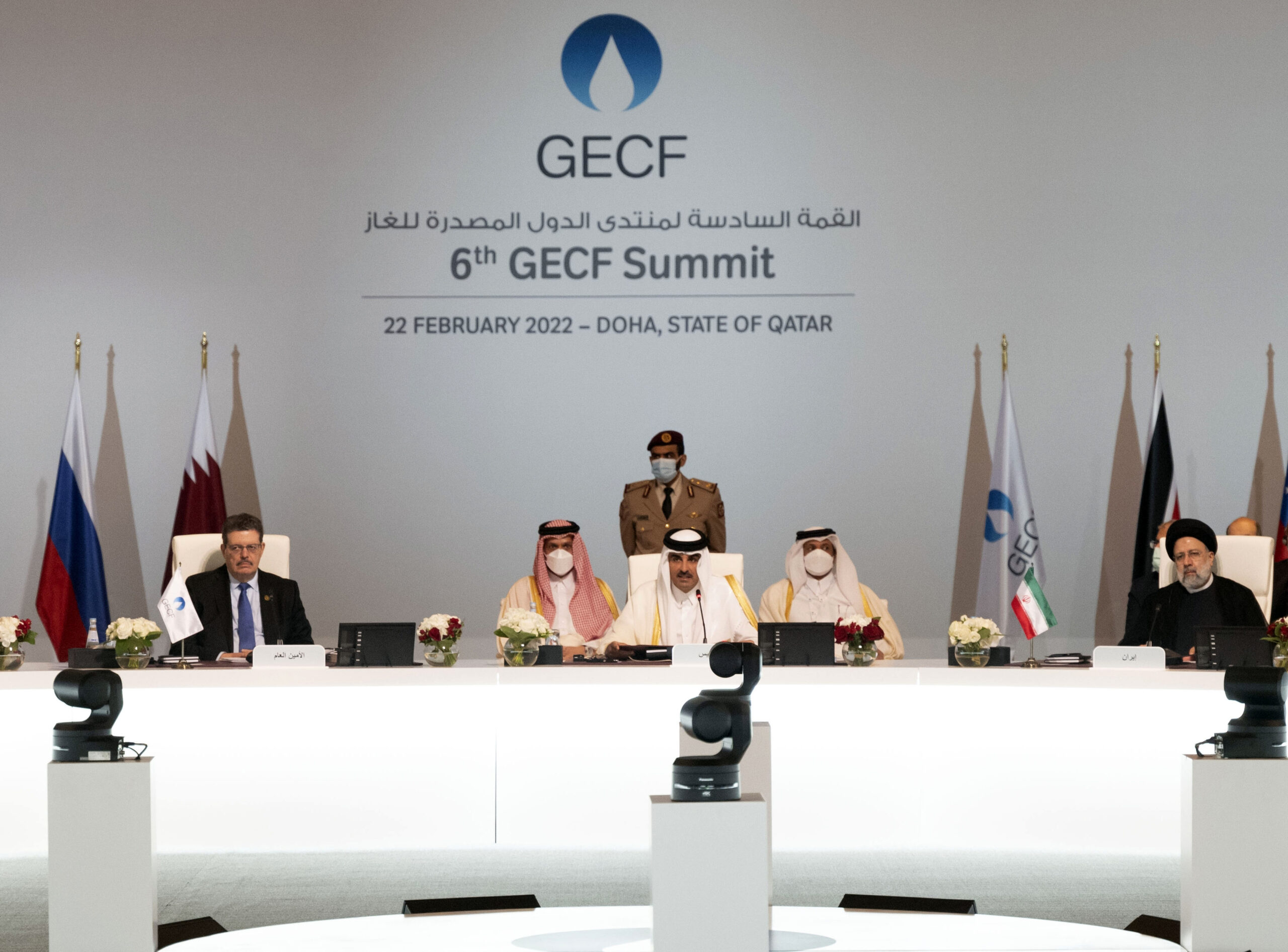
Do Houthi Missile Attacks Outline the Limits of De-escalation in the Gulf Region?
On March 1, AGSIW hosted a discussion examining challenges and threats to regional de-escalation and rapprochement.
